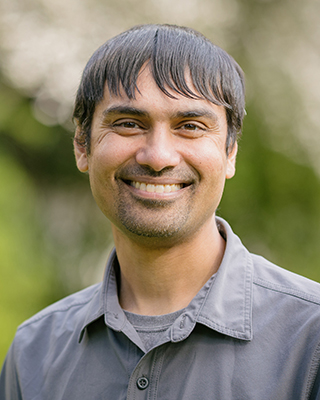When imagining the future of technology, sometimes all we need to do is look out the window — or into a microscope.
Our researchers take inspiration from nature to redefine what a computer can be, from data storage using synthetic DNA, to sensors modeled on insects and leaves. We also advance technologies to help solve biology’s biggest mysteries, such as computational approaches for understanding the mechanisms of disease and brain-computer interfaces that can restore or augment physical function and mobility.
Research Groups & Labs
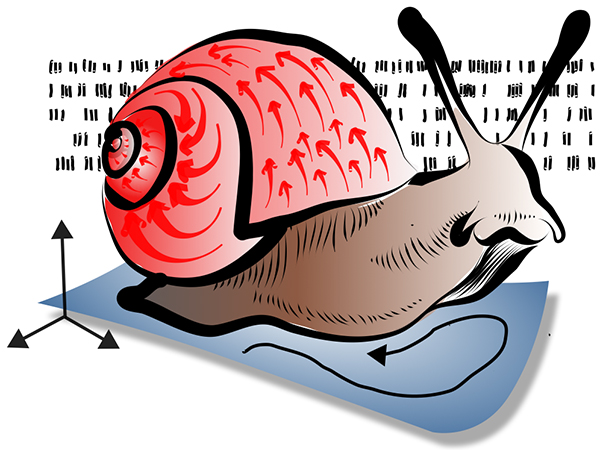
Systems Neuroscience & AI Lab (SNAIL)
SNAIL develops computational models and algorithms for understanding how single-trial neural population activity drives our abilities to generate movements, make decisions, and learn from experience.
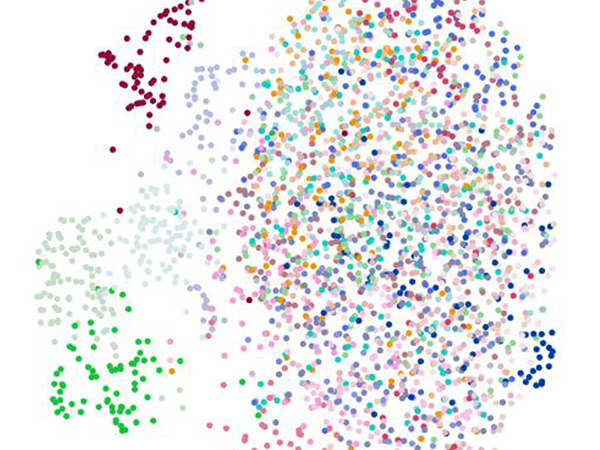
AIMS Lab
The AI for bioMedical Sciences (AIMS) Lab fundamentally advances the way AI is integrated with biology and clinical medicine by addressing novel scientific questions spanning explainable AI, model auditing, disease drivers, and more.
Faculty Members
Centers & Initiatives
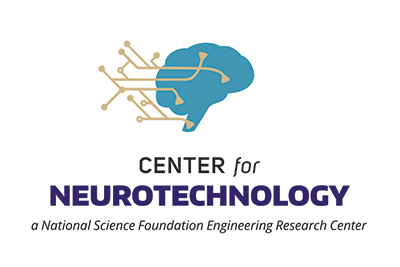
Center for Neurotechnology (CNT)
The Center for Neurotechnology (CNT) got its start in 2011 as one of several Engineering Research Centers (ERCs) funded by the National Science Foundation. CNT is headquartered at the University of Washington, with core partners at the Massachusetts Institute of Technology and San Diego State University. CNT researchers focus on developing and applying principles of engineered neuroplasticity to revolutionize the treatment of spinal cord injury, stroke and other debilitating neurological conditions.
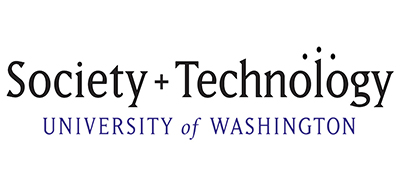
Society + Technology
Society + Technology is a cross-campus, cross-disciplinary initiative and community at the University of Washington that is dedicated to research, teaching and learning focused on the social, societal and justice dimensions of technology.
Highlights
Allen School News
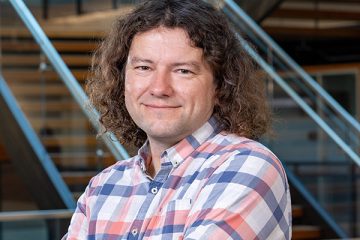
The ACM Special Interest Group on Computer-Human Interaction recognized Fogarty’s leadership and contributions to human-computer interaction research including ubiquitous computing, interactive machine learning, accessibility and personal health informatics.
Allen School News
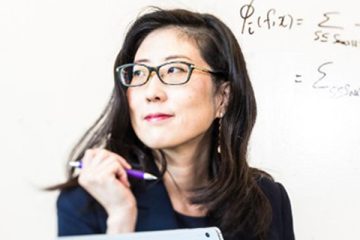
For her groundbreaking research on explainable AI for biology and medicine, Lee, who directs the UW’s AI for bioMedical Sciences Lab, was named a Fellow of the International Society for Computational Biology (ISCB).
Agents of Tech
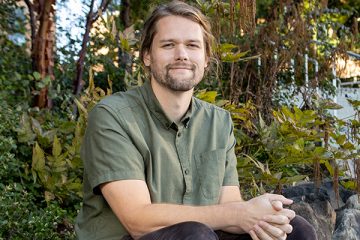
Nivala, co-director of the Molecular Information Systems Lab (MISL), discusses the groundbreaking potential of DNA-based data storage and its role in the future of AI.




